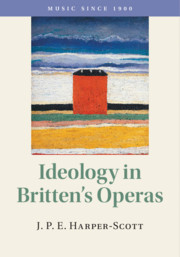5 - Women and Children
from PART III - NEW WORLD
Published online by Cambridge University Press: 04 September 2018
Summary
If one realizes that everything we call culture consists in the suppression of nature and any uncontrolled traces of nature, then what this culture finds most unbearable are those places where it is not quite able to control natural manifestations, where they intrude persistently into its own domain … It might be said that culture banishes stench because it itself stinks - which Brecht once formulated in the truly magnificent and inspired statement that humanity up to now had built itself an immense palace of dogshit. I believe that culture's squalid and guilty suppression of nature - a suppression that is itself a wrongly and blindly natural tendency of human beings - is the reason why people refuse to admit that dark sphere.
Theodor Adorno, MetaphysicsModern art is virtually an identification with the aggressor, a mimesis of reification. On the other hand, because this mimesis occurs within a separate artistic sphere, artworks can heal the wound with the poisonous spear that inflicted it.
Lambert Zuidervaart, Adorno's Aesthetic Theory: The Redemption of IllusionThe Excremental Real of Bourgeois Realism
For most human beings who reflect on the matter it perhaps seems obvious, at a first guess, that pieces of music such as Britten's operas The Turn of the Screw and The Rape of Lucretia, the subjects of this chapter, are truth-filled ‘works', objects that we might come to know; and that they are culturally preserved as part of an ever-changing canon of artworks of a sufficiently high quality that it is on average, at at a given time and in a given place, taken to be of benefit for the social collective to know. But the contemporary scholarly bias in musicology, in marked contrast, is to view pieces of music as ‘texts’ to be held at a fretful, semi-disgusted arm's length, and discursively interpreted in the modes of their transmission.
- Type
- Chapter
- Information
- Ideology in Britten's Operas , pp. 175 - 214Publisher: Cambridge University PressPrint publication year: 2018



